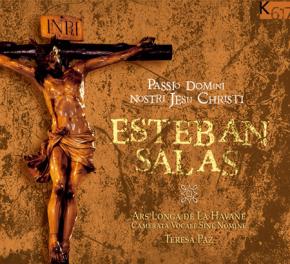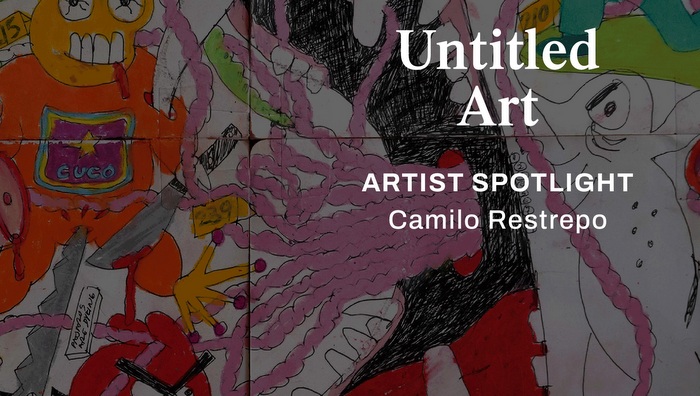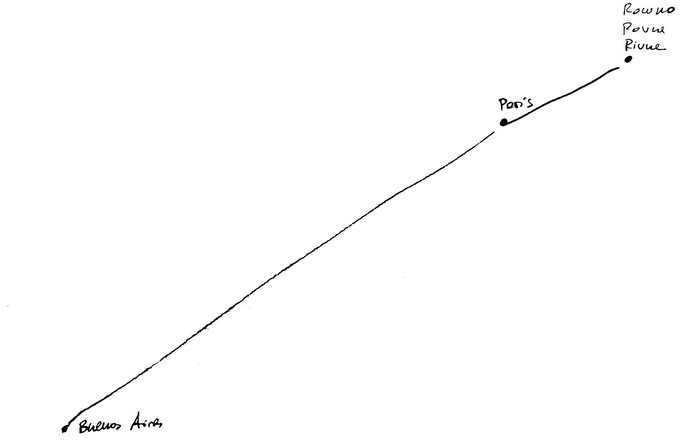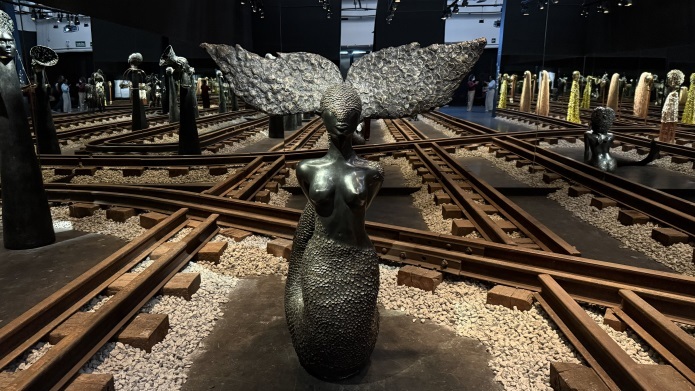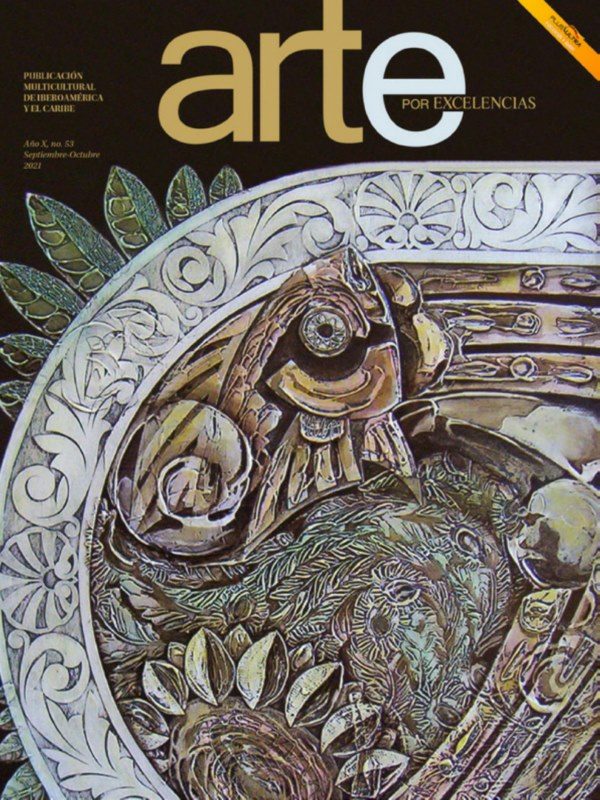By:Odette Elena Ramos Colas
“Before Cuba had its first theater or newspaper, the Cathedral of Santiago already counted on the presence of such a remarkable composer as Esteban Salas, whose outstanding work fell into oblivion and it was only revealed after intense research processes. Many people believed it was lost.”
That’s what Alejo Carpentier wrote on his book entitled “Music in Cuba”, when referring to the composer that represented the starting point for serious music in our country. The experts on this artistic expression point out that Esteban Salas marked a difference between popular music and highbrow music on the island.
Salas was born in Havana on December 25, 1725. He lived as an ecclesiastic since he was a young man. Salas studied general music: first at the Major Parish Church, where he learn how to play the organ, singing, composing, etc.; and he later studied philosophy, theology and canon law at the university.
Great Esteban Salas wasn’t born in Santiago de Cuba, that’s right. But it was in this city where his work gained momentum and scope. He arrived in Santiago de Cuba on February 8, 1764, as he was appointed substitute maestro of the Cathedral’s Music Chapel, by Bishop Francisco Agustin Morell de Santa Cruz.
Under his aegis, the Cathedral of Santiago became a true conservatoire, and many musicians from the 19th century were linked to it. Salas stood out with his compositions, especially of religious music: masses, carols, psalms and anthems. After Esteban Salas, composers were only respected in this province if their work was related to the temple. Thanks to him, the Cathedral was also a concert hall.
Esteban Salas was ordained a priest in 1790, at the age of 64, and he passed away in this on July 14, 1803. The Conservatoire of Santiago de Cuba and the International Festival of Choral Music were named after him so as to pay tribute to this man. On the other hand, “Esteban Salas” Ancient Music Festival is annually held in Havana.
All in all, this man was a classic of Cuban music, but he didn’t represent an isolated phenomenon as he established strong links with the European music of his time, imposed long-lasting disciplines and brought to the island characteristics of a style that would prevail, with presence even in the popular music.
Source: www.caribbeannewsdigital.com
Previous publication Havana' s Historic District, Ideal Platform for Biennial
Next publication Cuba Hosts Seventh Caribbean Cinema Traveling Exhibition

